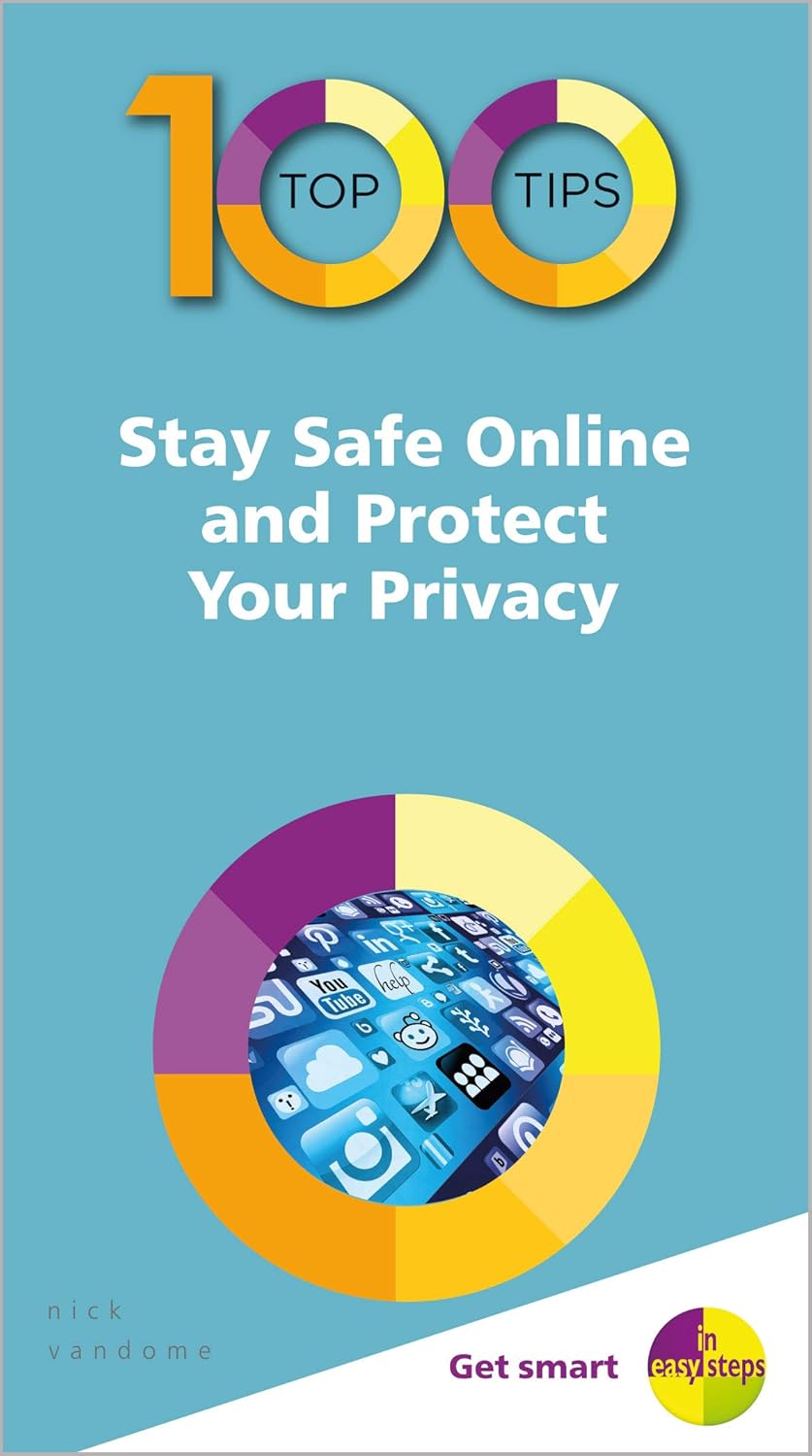About this deal
When you and your family use the internet, you are (often unknowingly) exposing yourself to a wide range of potential online threats. Digital landscapes as we know them are constantly evolving as cybercriminals devise new ways to target internet users. Your digital footprint, what exists of you online after usage, is an important concept that children need to know about. When teaching children about this, it’s important to focus on how information is readily available and how others could interact with
Our ‘ Young People and Screentime – A Good Start’ provides tips to help parents and carers get kids off to a good start using digital devices. Gaming Here is a list of just some of the biggest internet dangers you and your family need to watch out for: Technology is always changing. Be careful what you post, where you post, who you post about and always remember nothing online is truly private. Someone WILL always be able to see what has been posted. that the average US household had around 25 internet-connected devices, up from 11 in 2019. The more online accounts and devices you have, the greater the scope for cybercriminals to cause you harm. That’s why it's now ever more essential to understand Many smartphones offer a four-digit PIN by default. Don't settle for that. Use biometric authentication when available, and set a strong passcode, not a stupid four-digit PIN. Remember, even when you use Touch ID or equivalent, you can still authenticate with the passcode, so it needs to be strong.Changing your settings to private, and declining any friend requests from people you don’t directly know will help to limit this kind of exposure. 20. Don't share personal information publicly. Setting up a time limit for using Google or using any search engine might also veer bad “driving” on this huge highway.
The advice some years ago was to locate your computer in a family space, but that’s not applicable to phones and other very portable devices. Our ‘Parenting in a digital age’ series includes an article on ‘ The real cost of online gaming', which provides some general information around things to be aware of in relation to gaming. Signing up to use public Wi-Fi, for example at a shopping center, gym, or airport, can leave you vulnerable to such intrusions. There are numerous vulnerability points when using the Internet directly to the user and indirectly to other users. This makes it important for everyone to have a good understanding of what is to be done to ensure you stay safe online. It’s worth thinking about the wider context of this too. Our ' Parenting through technology' article (part of the ‘Parenting in a digital age’ series) has some interesting points. SextingLiving in the 21 st century means living in an ever-expanding technological time zone. This is the century which has marked the beginning of the technological singularity. Harmful content is anything online which causes a person distress or harm. What may be harmful to one person might not be considered an issue by someone else, but we generally talk about eight types of harmful content: Two-factor authentication, also known as two-step verification, is made such that logging into online accounts requires more than one access key. The news you see online or on social media isn’t always going to be accurate. And it can be hard to tell what’s real and what’s fake. Stay close by — when you use a phone, tablet or computer by yourself, make sure your mum, dad or carer is nearby so you can get help if you need it.
This week I have been on a quest, keeping kids safe online. I found a few resources that I have put in my LIKE pile. Talking to them about their online activity in the same way you would do about anything else will help them to relax and, if anything is troubling them, they’ll be more likely to tell you about it. Users sometimes have the same names. Make sure you are friending a true friend before accepting or sending a friend request.
Here are the Top 10 Internet safety rules to follow to help you avoid getting into trouble online (and offline).
With the range of platforms and types, parents and carers need general advice, as well as guidance for specific gaming environments. If you find something which looks out of the ordinary on your device, stop what you're doing and restart your device to see if this solves the problem. The internet is like a real highway. It is filled with so much that supervision is always needed – even adults can get lost easily when taking the wrong roads.YouTube is the biggest and most widely used video service. Over 400 hours of video are uploaded to YouTube every minute, so there’s a wealth of great content that kids can access. Of course, there is also inappropriate content, and parents have a couple of options to control what children can watch. NARRATOR: If you don't recognise what you see, you should tell an adult you trust. Now, let me help you guys out. others. Much like the real world, staying safe can sometimes depend on staying vigilant, engaging in polite communication and learning how to identify and not engage with bullying. Educate your child on what cyberbullying looks like and how to act The UK Safer Internet Centre has broken these online safety risk categories down in more detail. Talking to Children about Online Safety
Related:
 Great Deal
Great Deal 